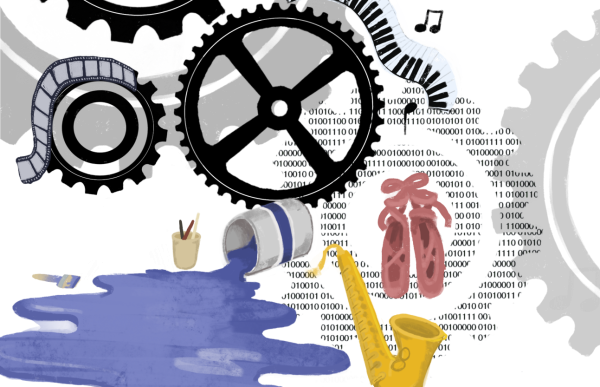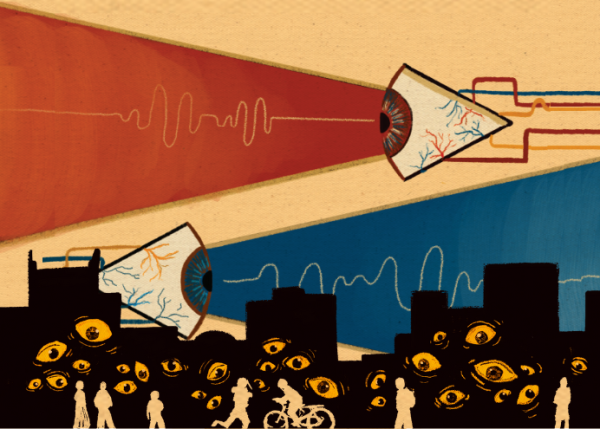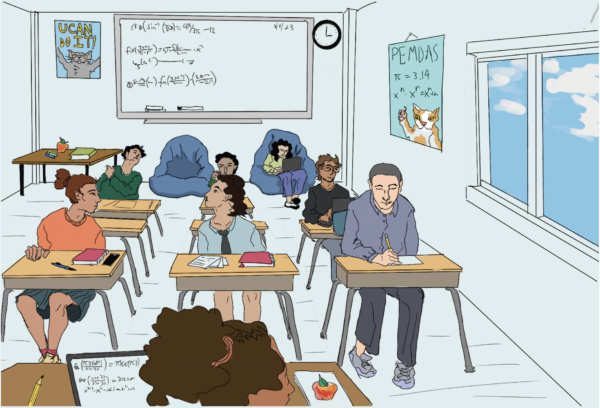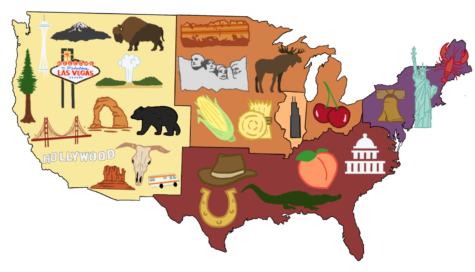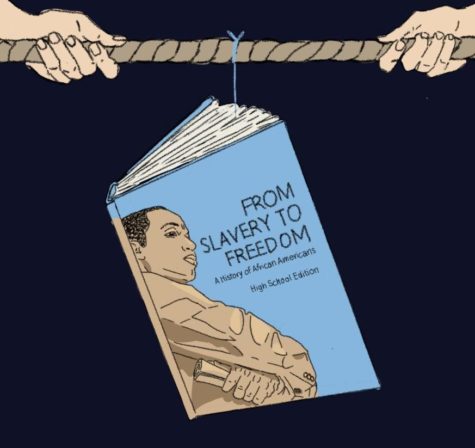White students can take action as allies
September 16, 2016
Activism regarding racism has taken Evanston by storm, but in order for the issues to be properly addressed white students must take accountability, and become better oriented with how they affect these issues today.
“The most important thing is to be doing research on your own and to have these conversations [about racism], and to be vulnerable; be uncomfortable,” history teacher Corey Winchester says, “I think one of the biggest problems is when people conflate discomfort and safety.”
Winchester adds that it is important to address these issues within the ETHS community as best we can by incorporating these messages into the classroom environment.
“I think it’s important for students of different races to form alliances in causes like this to help split up the color barriers that are subconsciously put up within the school and community,” sophomore Nate Landolt says.
Many white students may experience discomfort when confronted with racial issues and withdraw from the converation. This discomfort can be used as a learning experience to many white students.
“Whenever you are in a place of ignorance, there’s always going to be discomfort, which is a good thing,” junior Sinobia Aiden says. “If you’re not in a place where you’re feeling discomfort, you’re not learning anything.”
Often white students simply ignore the problems, and don’t take the time to recognize how they can be involved. “They feel like it’s not their problem, and they don’t realize that institutional racism is an issue,” senior Nuala Brennan says, “And by not doing anything about it they’re being apart of it.”
According to a recent study from the Pew Research Center, 38% of whites believe that enough changes have been made to achieve racial equality in America. In addition, only 50% of whites agree that blacks are treated less fairly when dealing with the police, while 84% of blacks feel the same way.
Here at ETHS, clubs and events such as SOAR, as well as the Black Student Summits have brought more attention and support change. By creating more awareness and providing knowledge on the subject to a wider range of individuals, more social action can be taken. It’s okay to be uncomfortable, but it’s not okay to fail to acknowledge the problem.
“We still have to remember that while we might be trying to stop and fight the system here within our walls, we are still apart of a larger societal and institutional construct that limits that,” Winchester says, “and the forces that impact us outside of these four walls are the ones that we are still going to have to negotiate.”
To learn more about being an ally, visit www.tolerance.org.












